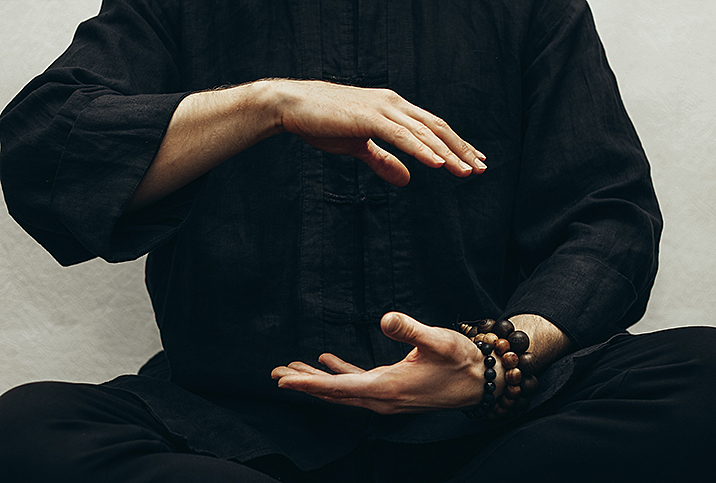Natural Remedies for Anxiety and Depression

As anyone who struggles with anxiety knows, the daily impact can be debilitating. Between anxiety attacks and the depressive episodes that result, it can feel like our anxiety and depression control us.
While medical treatment can prove an essential part of coping with both mental conditions, natural remedies can also help us manage our chronic mental health symptoms.
The dynamic dual diagnosis
The National Alliance on Mental Illness estimates that about 60 percent of anxiety patients experience chronic depression. In fact, after an anxiety diagnosis, it's very common to receive a prescription for a selective serotonin reuptake inhibitor (SSRI), commonly used to treat depression. Altering the serotonin levels of the brain can help to manage symptoms of both conditions.
Furthermore, when we have a chronic mental health condition, depression can occur because of the stigma associated with mental health issues.
If we were all more honest about our own mental health condition, we might realize how many people are hiding issues from their family and friends, and avoiding treatment for fear of being judged.
Treating the cycle
You must make your mental health a priority—otherwise, the cycle of anxiety and depression can prevent you from living the life you deserve. If you use counseling, medication or both as your preferred treatment, you may still need help with the minute-by-minute impacts of anxiety and depression. For this reason, many people turn to breathing techniques or journaling to change their negative thought spirals, which in turn helps them cope with panic attacks and depressive thoughts.
With the help of a licensed counselor and cognitive behavioral therapy, you can learn to identify the triggers and negative thought patterns that lead to your anxiety and depressive events. Eventually, it is possible to learn to condition yourself to overcome these triggers and avoid situations that can cause your panic attacks or depressive spirals.
Making lifestyle changes

In addition to these techniques, making lasting lifestyle changes can help channel your anxiety into something productive that can improve your mental health. While getting active and going outside can improve your overall mood, joining an exercise program can provide the added mental support of a personal trainer and a class full of peers. Working with a licensed trainer will additionally aid your goals and provide valuable accountability.
Changing your diet can also help your mental health. As more research emerges on the mind-gut connection, it's clear when your intestinal health is less than optimal, your mental health can become further compromised. While it's unclear if gut health can cause mental health disorders, a healthy gut may be the key to improving anxiety and depression.
Replacing processed foods and saturated fats with whole foods, such as fruits and dark leafy greens, can provide the necessary nutrients that promote healthy brain functions, improving your immune system and digestive health. If your current diet is less than ideal, you may find that when you ditch the bad stuff and start eating healthy foods, you feel worse before you get better. This is called a Herxheimer Reaction, a condition brought on by short-term detoxification—usually no more than a few days to a week or so—wherein stored toxins are released and make their way out of your body. Symptoms may include nausea, headache, sore throat, joint and muscle discomfort, sweating and chills.
Don't let the action of cleaning up your diet result in negative impacts on your anxiety and depression. Instead of focusing on major changes, try building up to these dietary shifts by gradually altering what you eat, slowly swapping out one item at a time.
Finding a healthy balance
No matter what natural remedy you choose, it's essential to keep your focus on managing your own symptoms, especially the things that can trigger the physical responses of anxiety.
While natural remedies sound like they should be better for you, there's absolutely no shame in taking prescribed medication. Lifestyle and diet changes can help, but pharmaceutical interventions may be the key to finding relief.


















